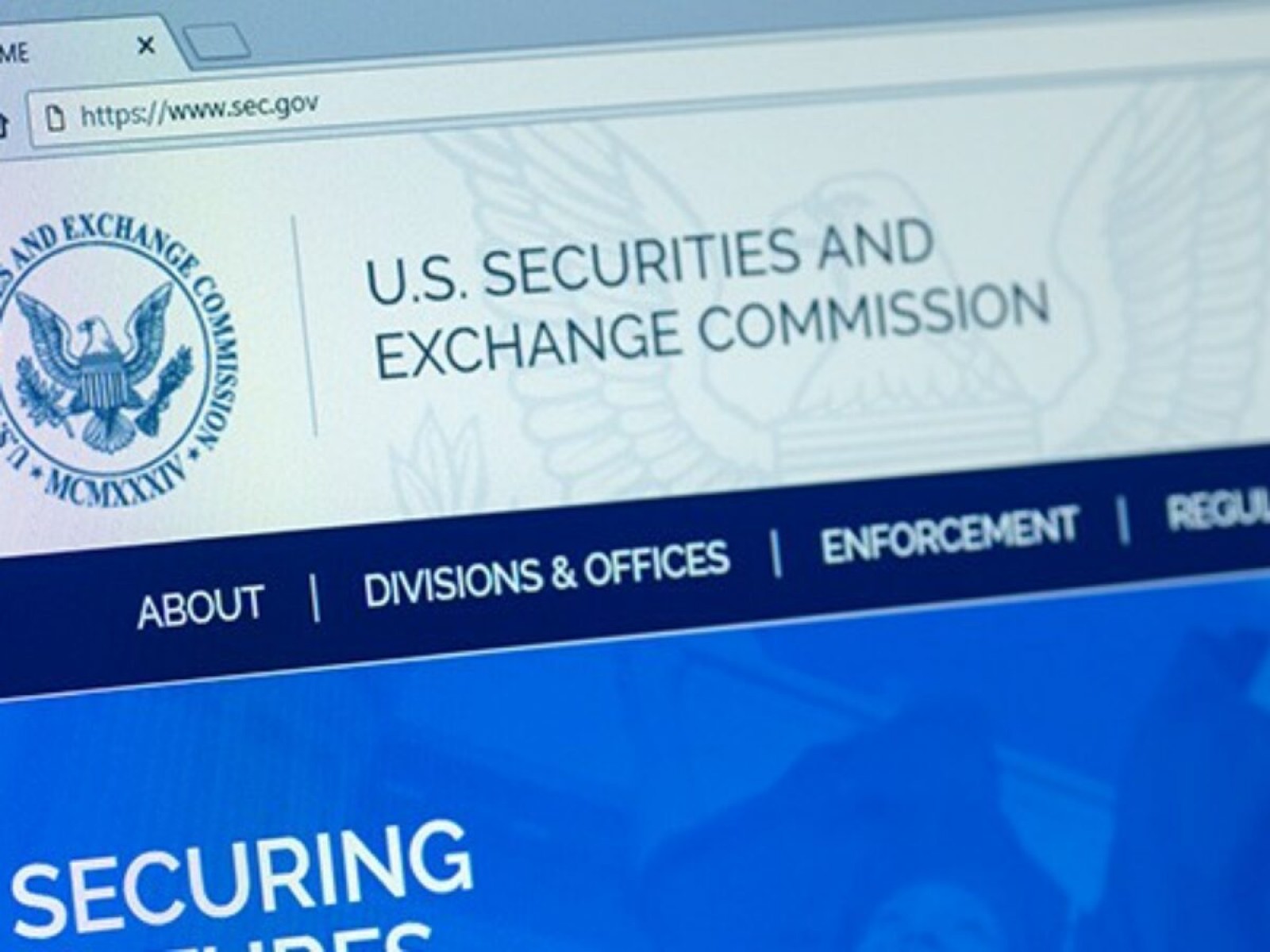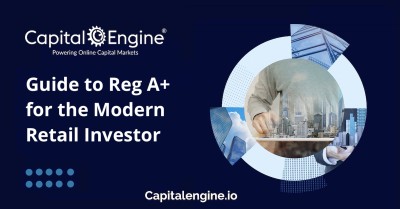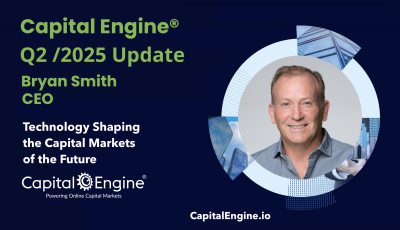SEC EXEMPTIONS

According to the Securities Act of 1933, every company has to register its offering with the SEC in order to sell its shares. There are situations where exemptions allow the companies to sell their shares without an SEC registration.
There are currently two exemptions - Reg D 506b and 506c.
In each case, only accredited investors are allowed to invest. In Reg D, the Issuer company is allowed to make reasonable predictions about its intended growth and future plans (generally not allowed in Reg A+).
With a Reg D 506c offering, the company can raise an unlimited amount of capital, but only from accredited investors.
It is allowed for the issuing companies to promote and advertise their offerings far and wide with few limitations.
The issuer companies have to take steps to verify that the investors are actually accredited.
Although the companies don't need to register with the SEC, they have to file a Form D, which includes information about the company's offering, promotors, the companies themselves, and some further information about the offerings.
With a Reg D 506b offering, the company can raise an unlimited amount of capital, primarily from accredited investors.
The company is limited to marketing its offering to people that it already knows are accredited investors. So general advertising and promotion is not allowed. Investors are allowed to self-certify that they are accredited.
Up to 35 non-accredited investors are allowed with certain steps taken to ensure they are aware of the risks they are taking by investing. Although the companies don't need to register with the SEC, they have to file a Form D, which includes information about the company's offering, promotors, the companies themselves, and some further information about the offerings.
Regulation A+
Regulation A+ is a relatively new way to raise capital authorized into law in 2015 as part of the Jumpstart Our Business Startups Act (JOBS Act). With Regulation A+, companies can raise up to $75 million per entity per year online from investors of any wealth level worldwide.
With Reg A+ Tier 2 companies can raise $75 million/year from accredited AND non-accredited investors:
The Reg A+ shares are considered liquid, so investors can sell their shares, but the liquidity depends on what the issuer company does after the offering. If the company lists the shares on the NASDAQ or an OTC market, then the Reg A+ shares can be sold easily.
When an Issuer company does not list on the above exchanges, then liquidity is limited to the specialized Reg A+ aftermarket exchanges and broker-dealers that support Reg A+ share trading in the aftermarket. These exchanges are small and offer limited liquidity at present, they are growing to fill the need.
The Issuer company may choose to offer direct liquidity to their investors by defining in their Offering Circular what valuation method they will use and what other restrictions will apply.
The securities sold in a Reg D offering are "restricted" under US securities law and cannot be easily resold for the first year.
Lockup restrictions are reduced for people or entities who are not affiliates after a year has passed since the securities were first acquired from the issuer (company). It is important to know that there are exceptions to the one-year lockup in the Reg D context - four such exceptions are listed below;
Holders of restricted securities of non-reporting companies who are not affiliates, (affiliates are a type of insider) may resell in the following ways:
Some of the Advantages and Disadvantages of Reg D and Reg A+
Reg D doesn't require much preparation while in the case of a Reg A+ offering the audit, legal and marketing preparations can take 4 to 5 months.
In Reg D there is no limit on how much you can raise, in the case of reg A+ it is $75m/year.
With Reg A+ you can take your company public to the NASDAQ or NYSE.
With Reg D there are no reporting requirements after the offering.
With Reg A+ you can market your offering to non-accredited investors who are easier to reach and more likely to engage with your offering. Accredited investors have many investment opportunities so it is not easy to make them invest in your offering. With Reg A+ people of any wealth level can invest.
Reg D is less expensive because there are no audit requirements and don't have to file the Form 1-A with the SEC.
About Capital Engine Powering Online Capital Markets®
Strategic Partnership Model
Our business model is to partner with industry experts in real estate, venture capital, healthcare, renewable energy, cannabis, impact funding and crypto projects, in setting up investment platforms, online marketplaces and trading exchanges using our software.
Online Marketplace
Our online marketplace is filling a massive gap in the US market in funding private capital markets and alternative investments: Reg D 506 (c) and Reg S (International) based real estate, venture capital, healthcare, renewable energy, social impact and crypto projects, with UK and South Africa platforms following soon.
There are currently two exemptions - Reg D 506b and 506c.
In each case, only accredited investors are allowed to invest. In Reg D, the Issuer company is allowed to make reasonable predictions about its intended growth and future plans (generally not allowed in Reg A+).
With a Reg D 506c offering, the company can raise an unlimited amount of capital, but only from accredited investors.
It is allowed for the issuing companies to promote and advertise their offerings far and wide with few limitations.
The issuer companies have to take steps to verify that the investors are actually accredited.
Although the companies don't need to register with the SEC, they have to file a Form D, which includes information about the company's offering, promotors, the companies themselves, and some further information about the offerings.
With a Reg D 506b offering, the company can raise an unlimited amount of capital, primarily from accredited investors.
The company is limited to marketing its offering to people that it already knows are accredited investors. So general advertising and promotion is not allowed. Investors are allowed to self-certify that they are accredited.
Up to 35 non-accredited investors are allowed with certain steps taken to ensure they are aware of the risks they are taking by investing. Although the companies don't need to register with the SEC, they have to file a Form D, which includes information about the company's offering, promotors, the companies themselves, and some further information about the offerings.
Regulation A+
Regulation A+ is a relatively new way to raise capital authorized into law in 2015 as part of the Jumpstart Our Business Startups Act (JOBS Act). With Regulation A+, companies can raise up to $75 million per entity per year online from investors of any wealth level worldwide.
With Reg A+ Tier 2 companies can raise $75 million/year from accredited AND non-accredited investors:
- Anyone can invest, worldwide
- The company can publicly advertise
- No state registration required
- Requires Audited Financials that go back up to two years
- The company has to file a Form 1-A with the SEC and if the offering is Qualified by the SEC the company can start their online fundraising campaign which lasts for one year
- The company has to file annual US-GAAP audits and six-monthly Management Financials
- Reg A + and Reg D Liquidity
The Reg A+ shares are considered liquid, so investors can sell their shares, but the liquidity depends on what the issuer company does after the offering. If the company lists the shares on the NASDAQ or an OTC market, then the Reg A+ shares can be sold easily.
When an Issuer company does not list on the above exchanges, then liquidity is limited to the specialized Reg A+ aftermarket exchanges and broker-dealers that support Reg A+ share trading in the aftermarket. These exchanges are small and offer limited liquidity at present, they are growing to fill the need.
The Issuer company may choose to offer direct liquidity to their investors by defining in their Offering Circular what valuation method they will use and what other restrictions will apply.
The securities sold in a Reg D offering are "restricted" under US securities law and cannot be easily resold for the first year.
Lockup restrictions are reduced for people or entities who are not affiliates after a year has passed since the securities were first acquired from the issuer (company). It is important to know that there are exceptions to the one-year lockup in the Reg D context - four such exceptions are listed below;
Holders of restricted securities of non-reporting companies who are not affiliates, (affiliates are a type of insider) may resell in the following ways:
- Privately in sales under the so-called "Section 4 (1 ½) exemption", typically only to other accredited investors and on the basis of an opinion of counsel at any time;
- Privately under Section 4(a)(7) of the Securities Act to accredited investors at any time;
- Privately to "qualified institutional buyers" under Rule 144A at any time;
- Publicly under Rule 144 one year after the securities were issued
Some of the Advantages and Disadvantages of Reg D and Reg A+
Reg D doesn't require much preparation while in the case of a Reg A+ offering the audit, legal and marketing preparations can take 4 to 5 months.
In Reg D there is no limit on how much you can raise, in the case of reg A+ it is $75m/year.
With Reg A+ you can take your company public to the NASDAQ or NYSE.
With Reg D there are no reporting requirements after the offering.
With Reg A+ you can market your offering to non-accredited investors who are easier to reach and more likely to engage with your offering. Accredited investors have many investment opportunities so it is not easy to make them invest in your offering. With Reg A+ people of any wealth level can invest.
Reg D is less expensive because there are no audit requirements and don't have to file the Form 1-A with the SEC.
About Capital Engine Powering Online Capital Markets®
Capital Engine® is a fast-growing FinTech company facilitating the creation of efficient and trusted online private capital and alternative investment marketplaces, through our tiered business ecosystem - private label platforms, strategic partnerships and inhouse marketplace for private placements
We work with investment professionals and advisors (broker dealers, family offices, wealth managers, incubators, accelerators, social impact and real estate funds) in providing customized SaaS solutions to power private label capital and alternative investment platforms, with a strong focus on investor management services.
Our software helps leverage the opportunity to better originate and showcase a diverse selection of private investment deals and offer these to investors i.e. a deal’s potential viability can be better assessed, market appetite determined and transaction promptly closed.
Strategic Partnership Model
Our business model is to partner with industry experts in real estate, venture capital, healthcare, renewable energy, cannabis, impact funding and crypto projects, in setting up investment platforms, online marketplaces and trading exchanges using our software.
Online Marketplace
Our online marketplace is filling a massive gap in the US market in funding private capital markets and alternative investments: Reg D 506 (c) and Reg S (International) based real estate, venture capital, healthcare, renewable energy, social impact and crypto projects, with UK and South Africa platforms following soon.
Latest Articles





